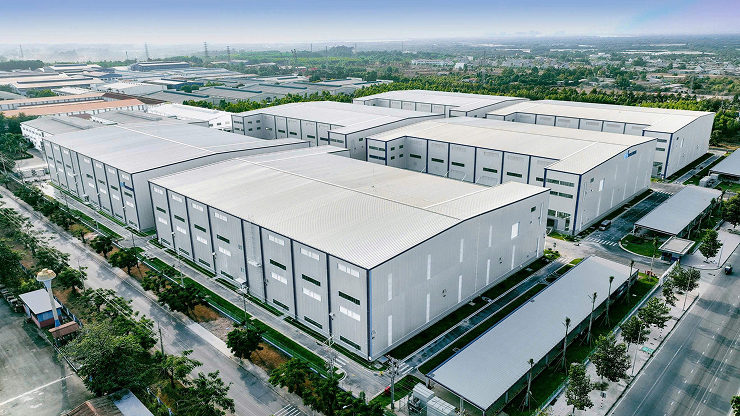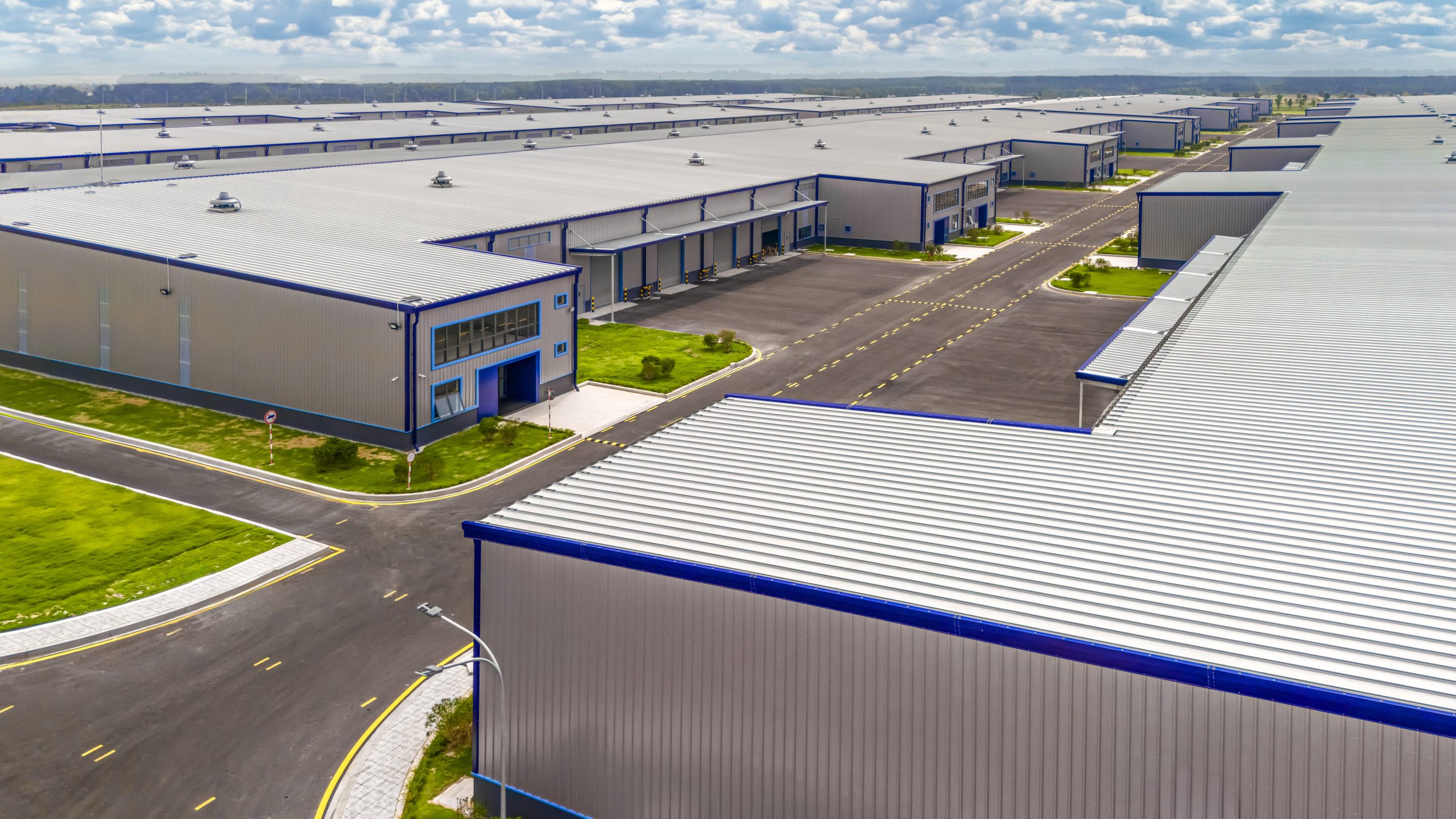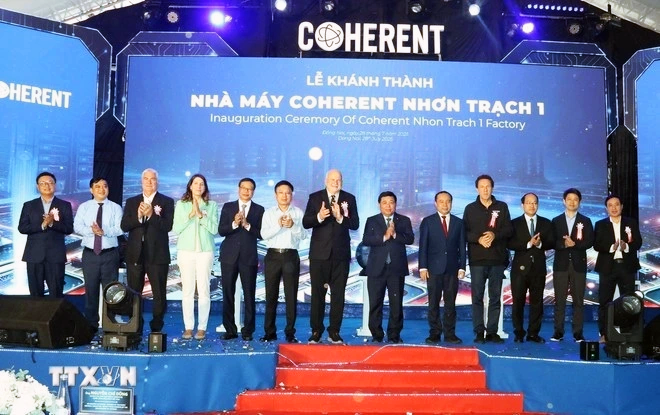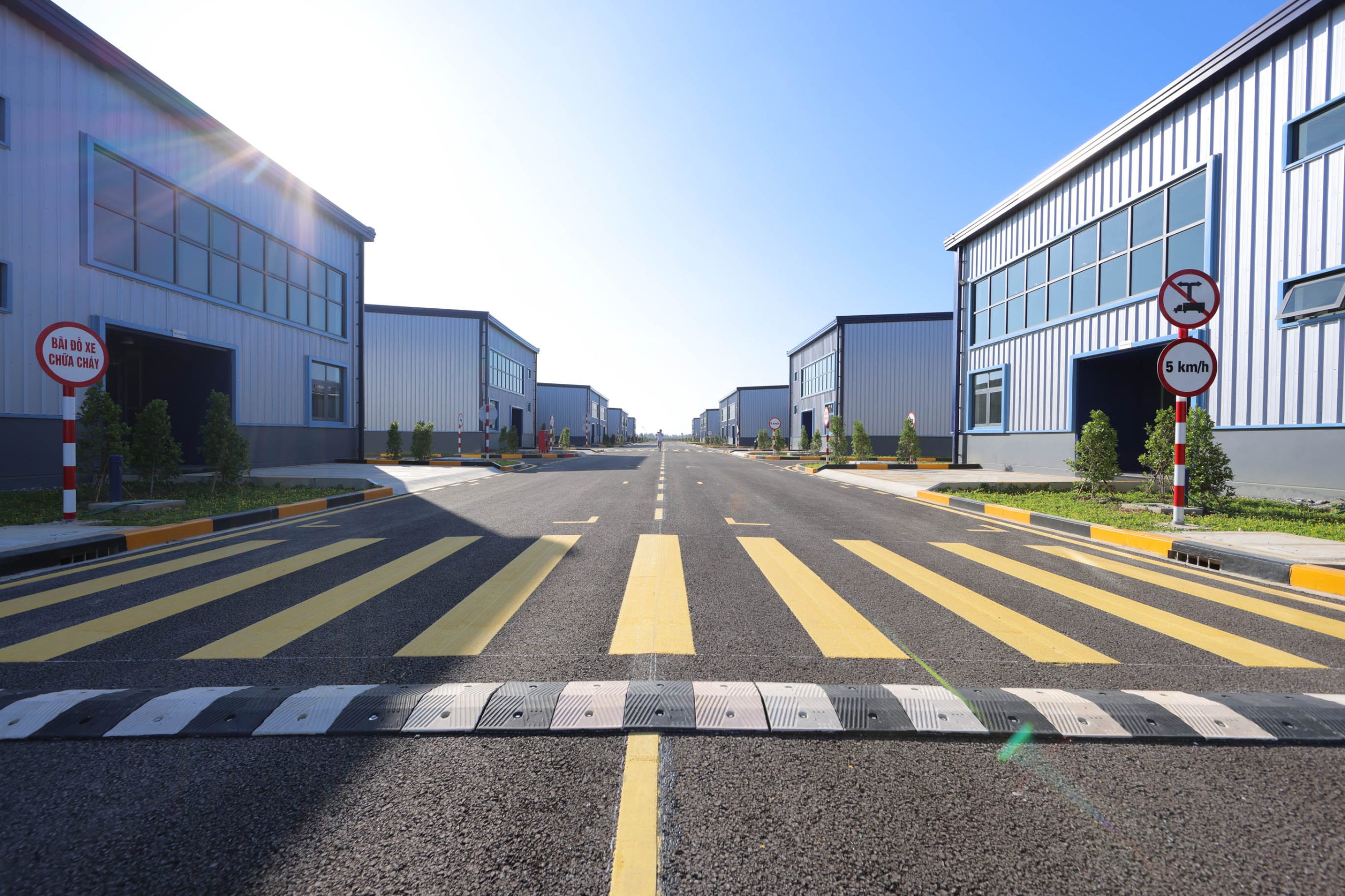News & Events
From Red Tape to Reform: Investors Voice Their Demands
October 17, 2025
Vietnam is rolling out its most ambitious business reform yet — cutting 30% of procedures and costs — as industrial real estate developers and global investors call for bold steps like simplifying investment licensing and adopting “negative list” and sandbox frameworks to make Vietnam as fast and investor-friendly as Singapore. 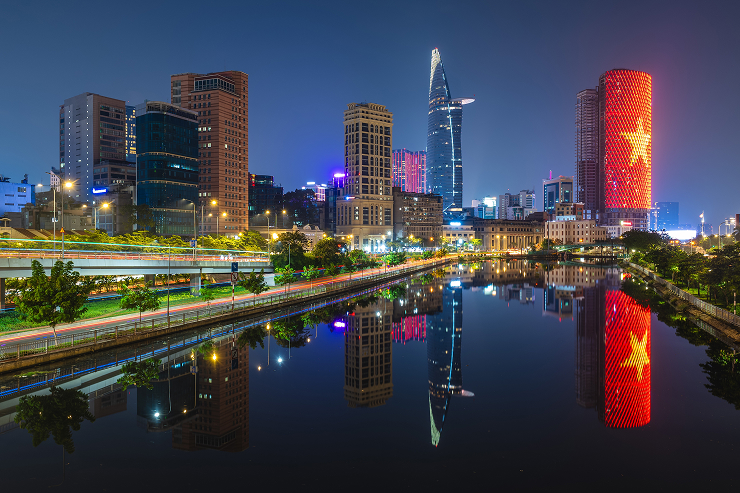
 According to a survey’s result conducted by BW and law firm YKVN in July 2025, 74% of foreign enterprises support abolishing the IRC, underscoring investors’ desire for a simpler, faster, and more transparent entry process. The survey covered a broad base of international investors – including BW’s tenants and other multinationals from Singapore, the U.S., Japan, Korea, China, Denmark, and Australia – with capital sizes ranging from under USD 10 million to over USD 500 million across manufacturing, education, logistics, travel, retail, and other sectors.
According to a survey’s result conducted by BW and law firm YKVN in July 2025, 74% of foreign enterprises support abolishing the IRC, underscoring investors’ desire for a simpler, faster, and more transparent entry process. The survey covered a broad base of international investors – including BW’s tenants and other multinationals from Singapore, the U.S., Japan, Korea, China, Denmark, and Australia – with capital sizes ranging from under USD 10 million to over USD 500 million across manufacturing, education, logistics, travel, retail, and other sectors.
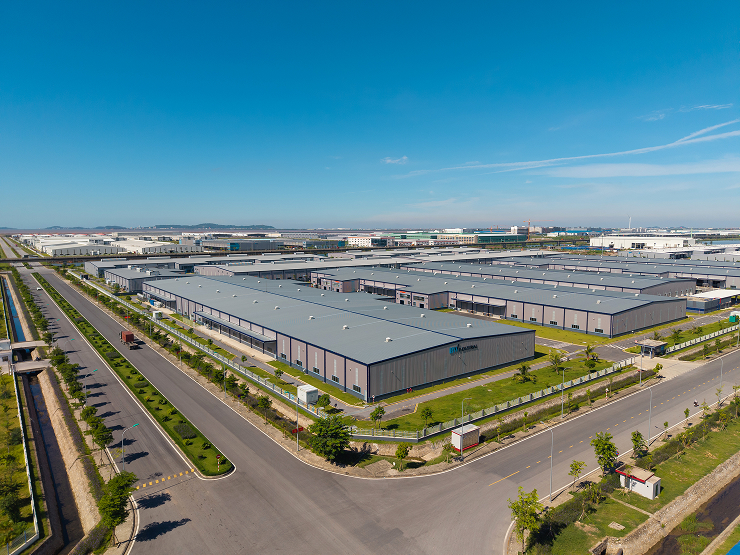 In the case of BW Industrial, over 90% of client inquiries come from foreign investors, with tenants from Greater China, the U.S., Japan, Korea, and Singapore accounting for 85% of total leased space. BW Industrial’s ready-built factory portfolio alone helped facilitate nearly USD 760 million in capital investment from high-value-added manufacturers.
In the case of BW Industrial, over 90% of client inquiries come from foreign investors, with tenants from Greater China, the U.S., Japan, Korea, and Singapore accounting for 85% of total leased space. BW Industrial’s ready-built factory portfolio alone helped facilitate nearly USD 760 million in capital investment from high-value-added manufacturers.

Vietnam’s Reform Momentum
Vietnam’s Reform Momentum Vietnam is entering a decisive phase of administrative transformation. On October 04, Prime Minister Pham Minh Chinh issued Directive No. 187/CĐ-TTg, emphasizing tighter control and a focused effort to reduce and simplify administrative procedures, business conditions, and to implement administrative processes irrespective of administrative boundaries. On October 10, he followed with Directive No. 194/CĐ-TTg, urging ministries and localities to review and accelerate investment procedures for 2025.
According to Directive No. 187/CD-TTg ,14 ministries and agencies have proposed cutting 2,051 out of 4,888 administrative procedures, representing 42% progress toward the national reform plan. In parallel, 2,263 out of 6,974 business conditions are going to be streamlined — equivalent to 32% of the overall target. The Prime Minister has directed all ministries to reduce at least 30% of administrative steps and business compliance costs, setting one of the country’s most ambitious reform targets to date.
“We must make it easier for businesses to operate — streamlining procedures, reducing costs, and promoting private sector growth,”
Prime Minister Pham Minh Chinh
Investors Call for Simplified, Digital-First Reforms
Representing the collective voice of foreign-invested enterprises, BW Industrial — one of Vietnam’s largest industrial developers — has participated in a formal submission to the Prime Minister through the Private Sector Development Committee (Committee IV).
The proposal emphasizes simplifying investment licensing, accelerating digital governance, and enhancing national competitiveness. Key recommendations include:
- Abolish or simplify the Investment Registration Certificate (IRC) to shorten approval times;
- Adopting “negative list” and sandbox frameworks for emerging sectors such as fintech and electric vehicles;
- Developing a unified e-government platform to lower compliance costs;
- Controlling industrial land costs and enhancing vocational training to meet FDI-driven workforce needs
 According to a survey’s result conducted by BW and law firm YKVN in July 2025, 74% of foreign enterprises support abolishing the IRC, underscoring investors’ desire for a simpler, faster, and more transparent entry process. The survey covered a broad base of international investors – including BW’s tenants and other multinationals from Singapore, the U.S., Japan, Korea, China, Denmark, and Australia – with capital sizes ranging from under USD 10 million to over USD 500 million across manufacturing, education, logistics, travel, retail, and other sectors.
According to a survey’s result conducted by BW and law firm YKVN in July 2025, 74% of foreign enterprises support abolishing the IRC, underscoring investors’ desire for a simpler, faster, and more transparent entry process. The survey covered a broad base of international investors – including BW’s tenants and other multinationals from Singapore, the U.S., Japan, Korea, China, Denmark, and Australia – with capital sizes ranging from under USD 10 million to over USD 500 million across manufacturing, education, logistics, travel, retail, and other sectors.“Compared to our neighbors, Vietnam still lags behind in investment procedures. In Singapore, businesses can register within 1–2 days via the BizFile portal; in Malaysia, the entire process takes only 3–5 days through MyCoID. In Vietnam, obtaining an IRC can take months — even a year for land-related projects,” shared by Lance Li, CEO of BW Industrial.
BW Industrial’s General Counsel, Ms. Hao Tran, added that the current IRC model reflects a pre-approval mindset that burdens enterprises without proportionate management benefits. She noted that if Vietnam implements the proposed reforms, FDI-related procedures could be reduced by up to 80%, cutting market-entry time from months to just a few days — comparable to Singapore and Malaysia.
FDI: The Backbone of Vietnam’s Industrial Growth
With foreign trade dependence exceeding 200% of GDP, Vietnam ranks as the second most trade-open economy in the world after Singapore, according to the World Bank. Data from the Vietnam Association of Foreign Invested Enterprises (VAFIE) and the General Statistics Office (GSO) show that FDI enterprises account for 18.7% of GDP and 35.3% of national employment, underscoring their pivotal role in driving the country’s economic growth.
In 2024, Vietnam attracted USD 38.2 billion in registered FDI, with USD 25.3 billion realized, marking a 9.4% year-on-year increase — the highest ever, according to Foreign Investment Agency (FIA).
 In the case of BW Industrial, over 90% of client inquiries come from foreign investors, with tenants from Greater China, the U.S., Japan, Korea, and Singapore accounting for 85% of total leased space. BW Industrial’s ready-built factory portfolio alone helped facilitate nearly USD 760 million in capital investment from high-value-added manufacturers.
In the case of BW Industrial, over 90% of client inquiries come from foreign investors, with tenants from Greater China, the U.S., Japan, Korea, and Singapore accounting for 85% of total leased space. BW Industrial’s ready-built factory portfolio alone helped facilitate nearly USD 760 million in capital investment from high-value-added manufacturers.BW is proud that we can be one of the key infrastructure providers for all the FDI manufacturer investment and make our contribution not only to Vietnam economy but also to the administrative system reformation to optimize the business environment across for Vietnam.



